|
If someone slips and falls on a wet floor while at the supermarket or at the mall or falls down a faulty staircase inside a commercial building can he or she be compensated?
In Trinidad and Tobago, a company or individual who occupies a property has a duty of care to the people who visit it. Therefore, a visitor who, for example, slips on a wet floor or trips on faulty stairs while on another’s property, may be entitled to compensation. In order to claim compensation, a number of factors must be considered:
1. First, who is the occupier of the property?
The occupier of a property is the company or individual having possession or control of it; that is, the person who is responsible for the state of a premises or the person who has sufficient control over it. The owner of the property can be the occupier if he is in possession of it, or if the property is rented to a tenant, then the tenant will be the occupier of the premises and not the owner. It is possible for there to be more than one occupier at the same time, for example, where an occupier engages a contractor to do repairs or building work, the contractor may be considered to be a co-occupier.
2. Were you an invitee, licensee or a trespasser on the premises?
In Trinidad and Tobago, the duty of care that the occupier owes to a person on his premises depends on the type of visitor the person is - whether the visitor was an invitee, licensee or a trespasser on the premises. The occupier owes the highest duty of care to an invitee, followed by a licensee and the least duty of care to a trespasser.
An invitee is a person who enters the premises (by expressed or implied invitation) for the purpose of business or a material interest to the occupier; for example, a customer who enters a supermarket or a shop.
A licensee is a person who has permission from the occupier to enter premises as a guest, whether for benevolence or for social reasons; for example, a friend who is invited over to dinner or a non-paying member at a private member’s club.
A trespasser is a person who enters the occupier’s premises without permission.
3. Did the occupier fail to give you the required duty of care?
This will depend on whether you were an invitee, licensee or trespasser on the occupier’s premises: The duty of care to an invitee An invitee is a person who enters the premises for the purpose of business or a material interest to the occupier. The occupier of the premises doesn’t have a duty to prevent all damage to an invitee. The occupier is required to exercise a reasonable amount of care to prevent damage to an invitee from any unusual dangers known to the occupier or of which the occupier ought to have known about and of which the invitee did not know or of which he could not have been aware. An unusual danger is one which is not usually faced by the invitee. Whether a danger is unusual or not depends on:
For example, a ramp giving access to a shop can be considered an unusual danger. The shop owner’s duty is to ensure that the invitee is aware of that danger either by posting a notice or taking other reasonable steps to let him know of its existence or by taking reasonable steps to prevent him from falling on the ramp.
Another example is given in the Trinidadian case of Harripersad v Mini Max Ltd (1978) Hight Court, Trinidad and Tobago No. 654 of 1973, where water dripping from an air conditioner in a supermarket and collecting onto its terrazzo tiled floor, which is known to have a very smooth surface, constituted an unusual danger to customers. The owners of supermarket ought to have known the dangerous condition of the shop’s floor and should have taken the necessary steps to see that no one was hurt because of it. For example, putting caution signs onto the floor, cleaning up the water up quickly and having the air condition unit fixed.
Where there is an unusual danger and an accident does happen, the burden is on the occupier to show that he did exercise reasonable care. The occupier should have some reasonably effective system in place for getting rid of the dangers which may exist from time to time. The system must also operate well in practice.
The duty of care to the licensee A licensee is a person who has permission from the occupier to enter premises as a guest. In the case of a licensee the occupier’s only duty is to warn them of concealed dangers or traps actually known to the occupier; the licensee must otherwise take the occupier’s premises as he finds it; where dangers are obvious the licensee runs the risk of them. In other words, the occupier is not required to warn the licensee about obvious risks on the premises; only concealed or unapparent risks. For example, in the Bahamian case of Favre v Lucayan Country Clubs Ltd (1990) Supreme Court, The Bahamas, No. 725 of 1985, the licensee was a non-paying member of a privately run club with a 250 acre golf course. While he was out on the course alone one morning, he was robbed and shot by two masked gunmen who had been hiding in the bushes. On the previous day, an official of the club had been held up and robbed by a gunman near the same part of the course and at about the same time of day. The court held the club liable for the injuries sustained by the licensee, on the ground that its officials knew of the risk of attacks by bandits on the golf course, yet did not warn the licensee of the danger. It was an unapparent risk known to the occupiers of the premises; they had a duty to warn the licensee of the danger. The duty of care to a trespasser A trespasser is a person enters the occupier’s premises without permission. An occupier does not actually owe a “duty of care” to trespassers, he merely owes a duty of “common humanity” or a duty to act in “accordance with common standards of civilised behaviour’. The owner of the property is under a duty not to injure the trespasser wilfully. The occupier is only required to make reasonable endeavours to keep out or chase off potential or actual intruders who are likely to be or who is in a dangerous situation. The erection and maintenance of suitable notice boards or fencing, or both, or giving suitable oral warnings, or the practice of chasing away trespassing children, will usually be enough for this purpose. The Barbadian case of Kirton v Rogers (1972) 19 WIR 191 showed how the occupier failed in his duty of “common humanity” to an assumed trespasser. In that case, an eight year old boy was struck on the forehead by a stone expelled from the defendant’s land, where explosives were being used for the purpose of quarrying. The court held that, assuming the boy was a trespasser, the defendant ought to have anticipated that potential trespassers were likely to be present and was under a duty to take reasonable steps to avoid the danger to them. This duty could only be fully discharged by posting someone to warn persons approaching to keep out of the range of the blasting until the danger was past. It should be noted that if a trespasser, in spite of the occupier’s reasonable endeavours to deter him, insists on trespassing or continuing his trespass, he must take the condition of the land and the operations on the land as he finds them, and cannot normally hold the occupier of the land or anyone but himself responsible for injuries resulting from the trespass, which is his own wrongdoing.
4. Did you suffer injury or damage as a result of the occupier’s breach of duty?
Once it is determined who the occupier is, that a duty of care was owed to you (whether as an invitee, licensee or trespasser) and that there was a breach of that duty by the occupier, there must finally be damage or injury caused to you as a direct result of that breach. For example, an injured elbow from slipping and falling on a wet floor or a damaged back from tripping and falling down faulty stairs. This is why it is important to seek medical advice as soon as possible to not only get the appropriate treatment for your injuries but also to have records which can be used as evidence as to the extent of your injuries and this will help to support your claim for compensation. Important Notice: This post does not constitute legal advice. Always consult with an attorney on any legal problem or issue. This website is managed by AURORA Chambers; a law practice in Trinidad and Tobago. Click HERE to receive updates straight to your inbox by subscribing to our newsletter.
2 Comments
Esther Collins
9/1/2024 05:28:44 pm
On January 8th 2024 at a fast food chain store in south trinidad I was injured due to a slippery floor that cause me to slip and fall which resulted in injury to my left arm.
Reply
LAW FOR ALL
10/1/2024 11:52:09 am
Thank you for your comment and sorry to hear about your unfortunate injury, for more information on whether you qualify for compensation or not, you would need to have a consultation with an attorney at our chambers to understand your situation and advise you further.
Reply
Leave a Reply. |
Categories
All
Archives
June 2024
|
LawForAllTT.com |
|
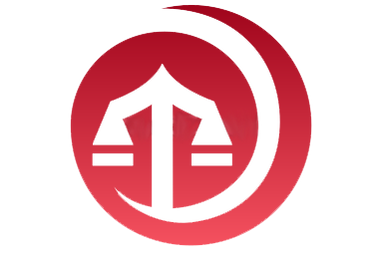
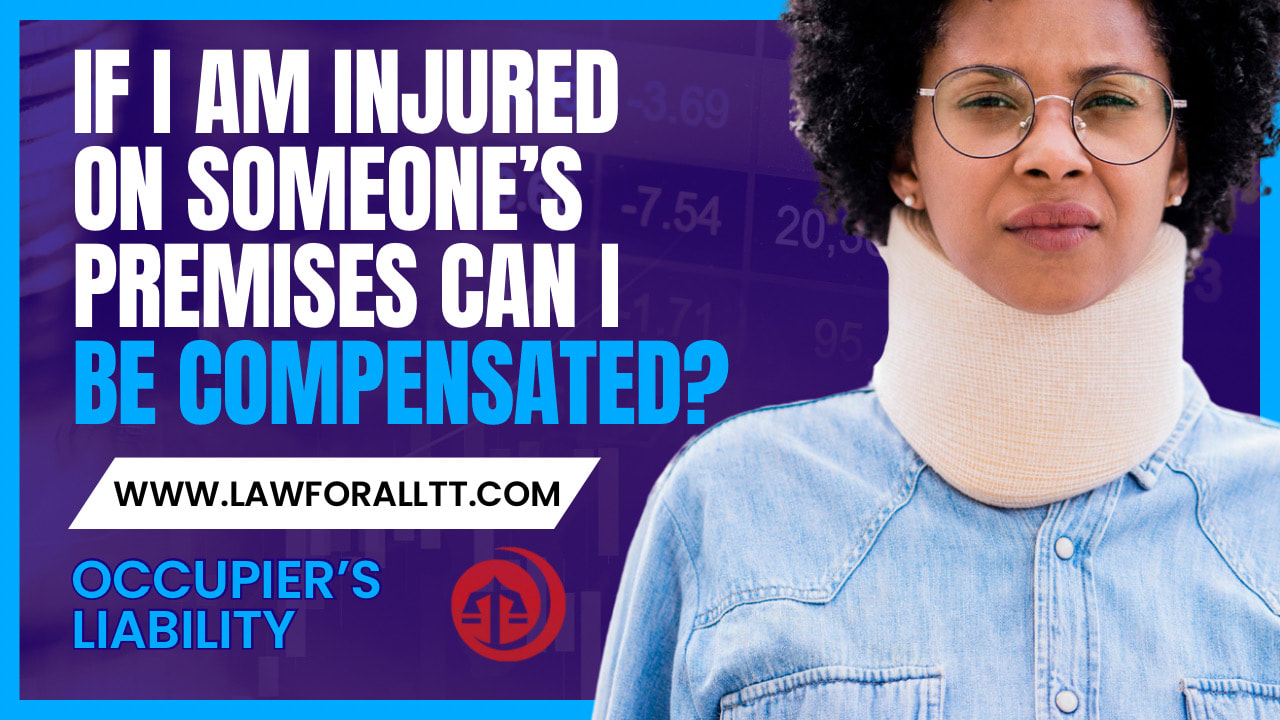

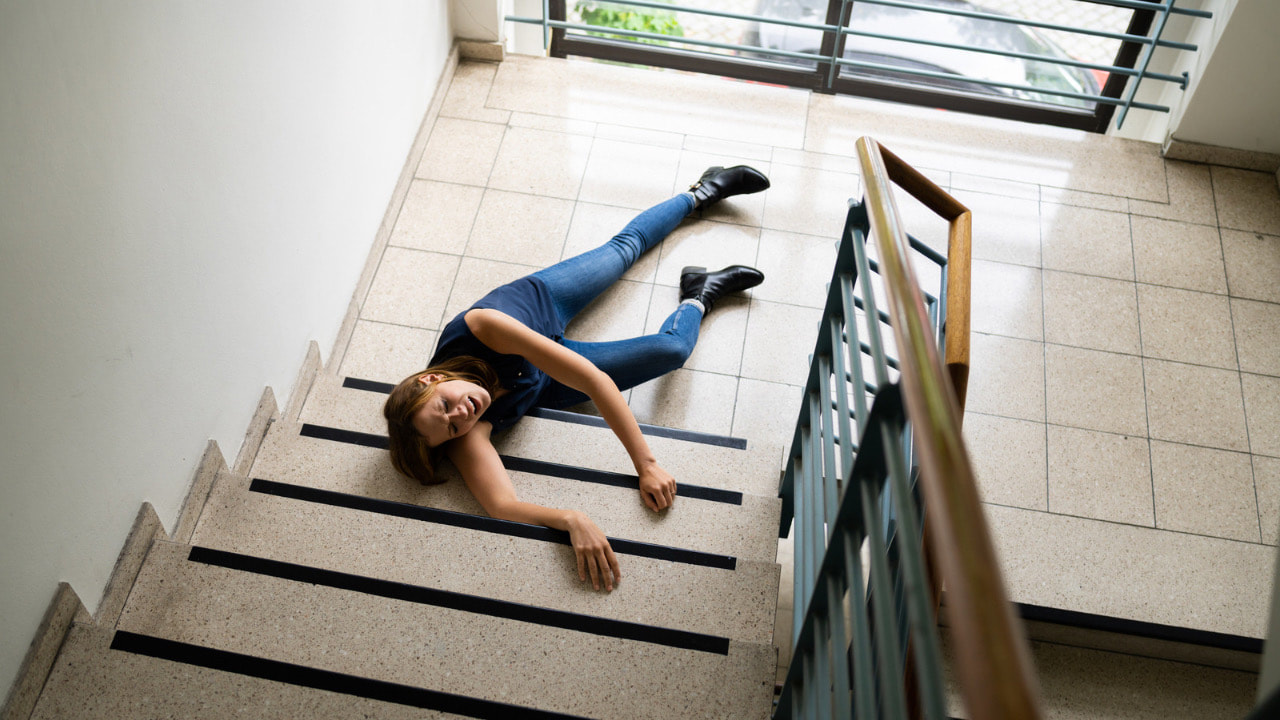




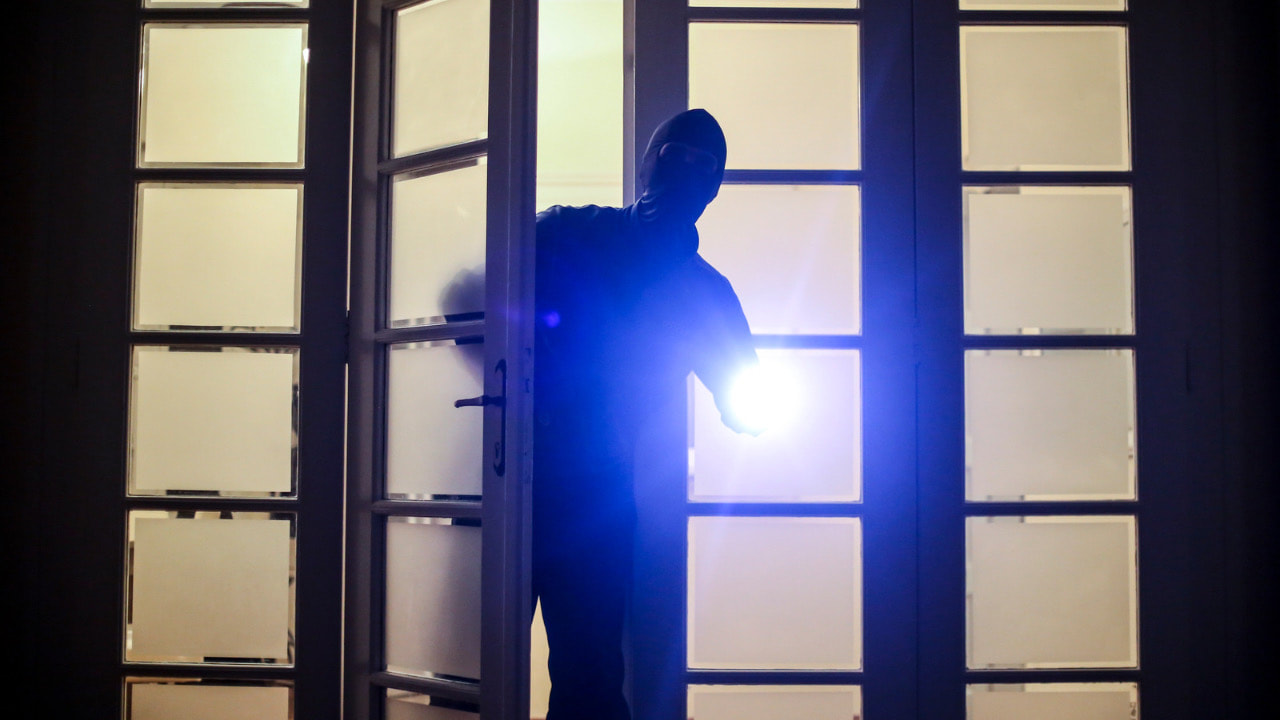
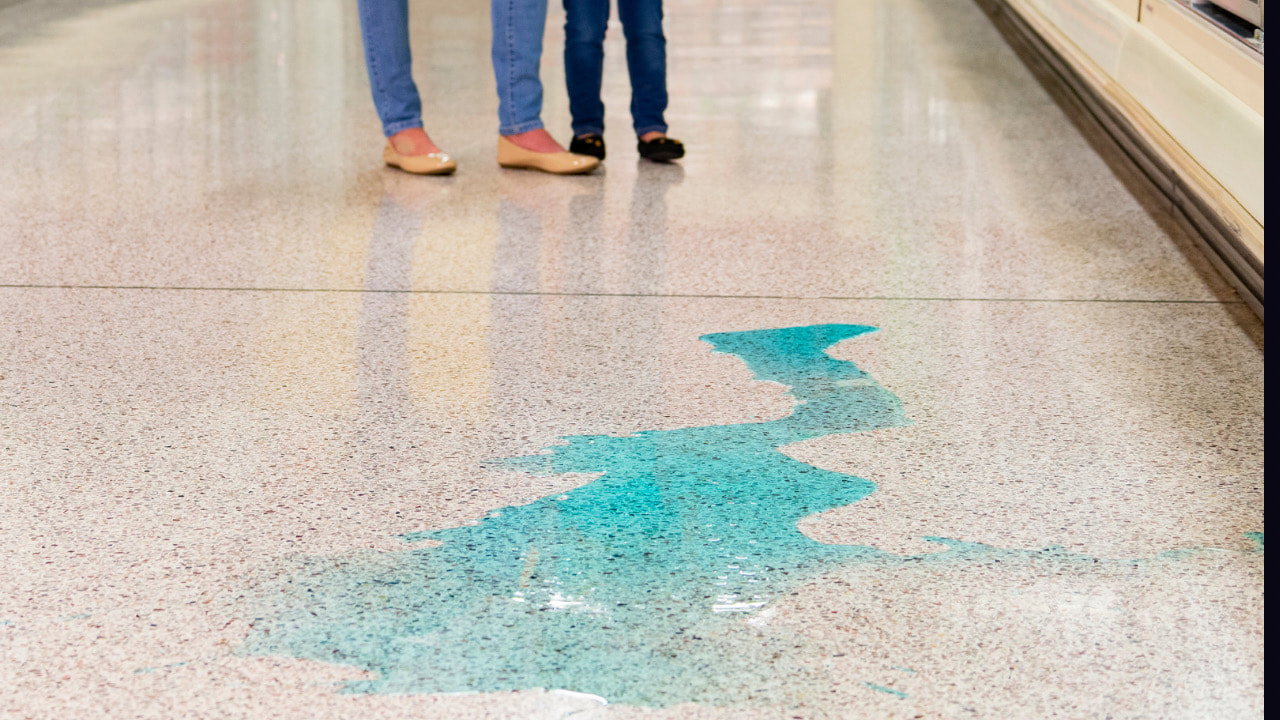
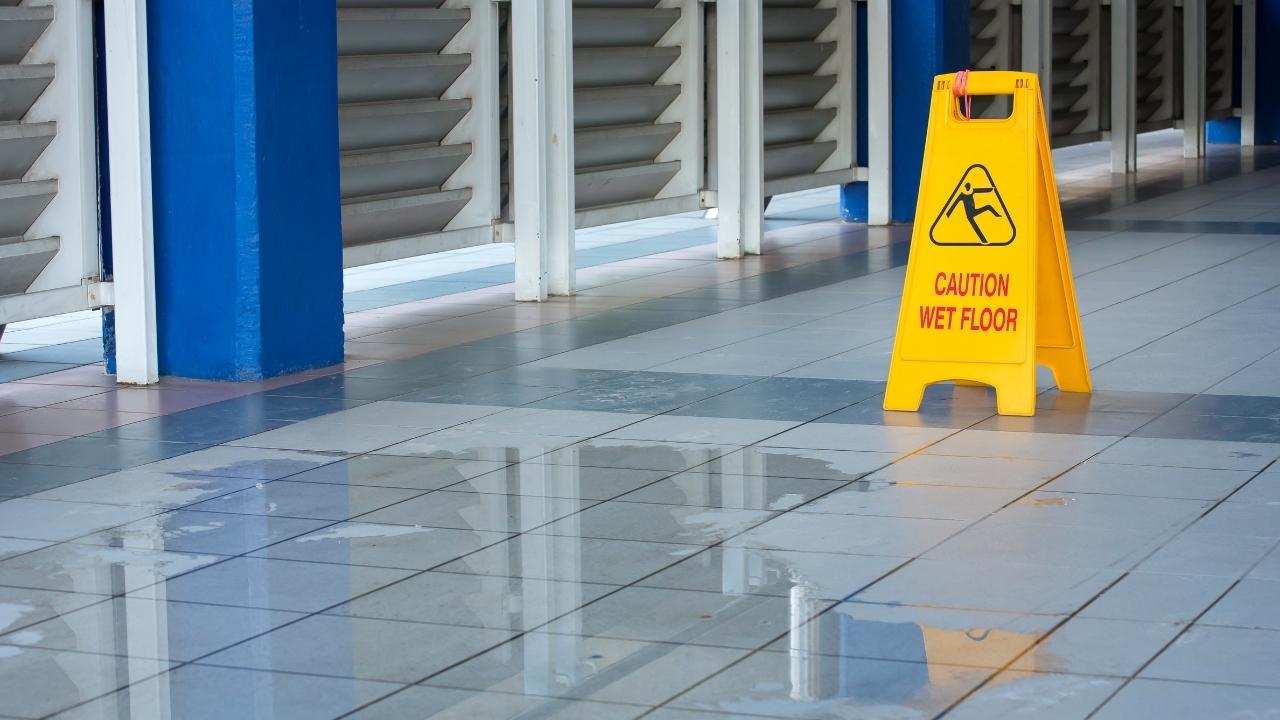
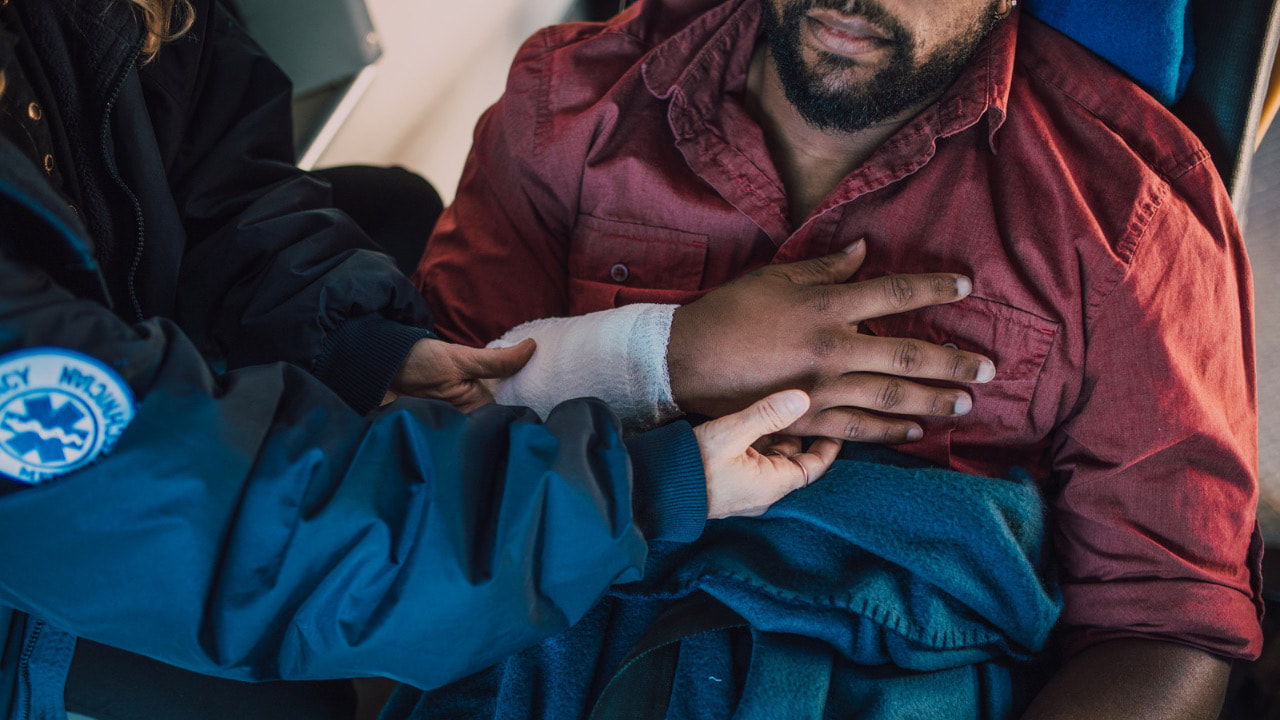

 RSS Feed
RSS Feed